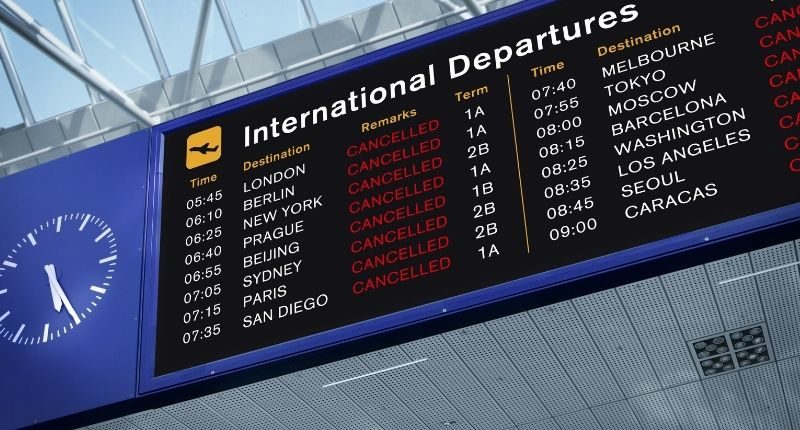- A consortium made an offer earlier this month for $8.25 per stapled security
- Sydney Airport has now rejected it citing it is lower than pre-pandemic prices
- The consortium disagreed with the assessment, noting the future of travel and competition has changed
Earlier this month, Sydney Airport (ASX: SYD) announced it received an offer from a consortium of companies to take over the airport by the acquisition of 100% of stapled securities in the company.
Also known as Sydney Aviation Alliance, the consortium offered $8.25 per stapled security.
A number of conditions were attached to the offer, one included “Sydney Airport’s largest security holder, UniSuper, [agrees] to reinvest its holding into an equivalent unlisted and illiquid interest in the privatised Sydney Airport.”
Today, the Sydney Airport Boards “have unanimously concluded that the Indicative Proposal undervalues Sydney Airport and is not in the best interests of Securityholders.”
SYD noted the boards considered a range of scenarios, including the “opportunistic timing of the Indicative Proposal given the significant impact of the COVID-19 pandemic on Sydney Airport’s performance. The indicative price is below where Sydney Airport’s security price traded before the pandemic”.
Among the six other reasons provided, the airport noted that it was a “well managed and capitalised asset with a long term concession lease,” and that it had a strategic and irreplaceable nature as one of Australia’s most important infrastructure assets, and the value of potential developments on SYD land assets.
The consortium responded to Sydney Airport’s rejection of the offer, saying it was “surprised and disappointed by the decision of the Sydney Airport Boards.”
Sydney Aviation Alliance said it “believes any assessment of Sydney Airport security prices before the pandemic is of limited relevance given the Company’s materially changed circumstances and challenging outlook.”
That challenging outlook included the upcoming Western Sydney Airport, and changed consumer sentiment towards both business and leisure travel.









